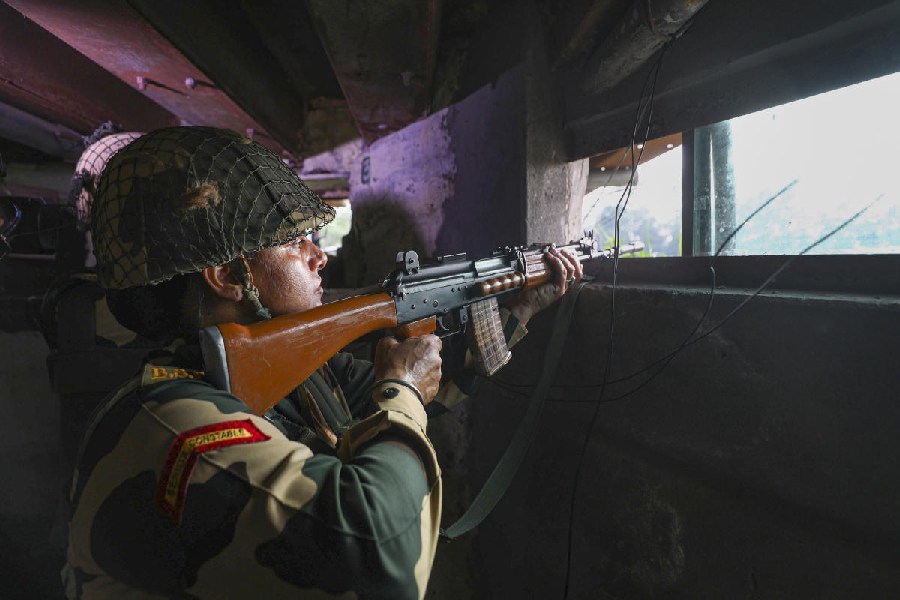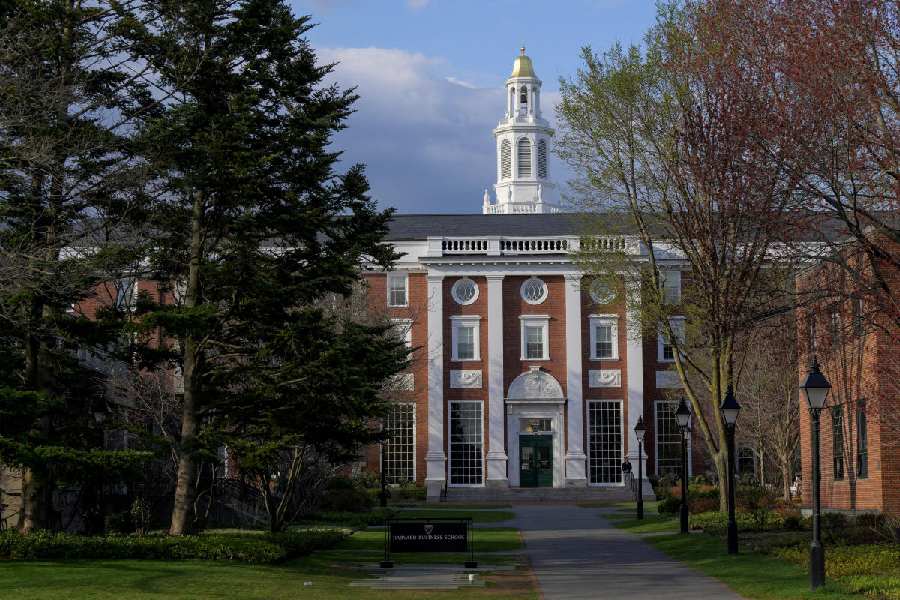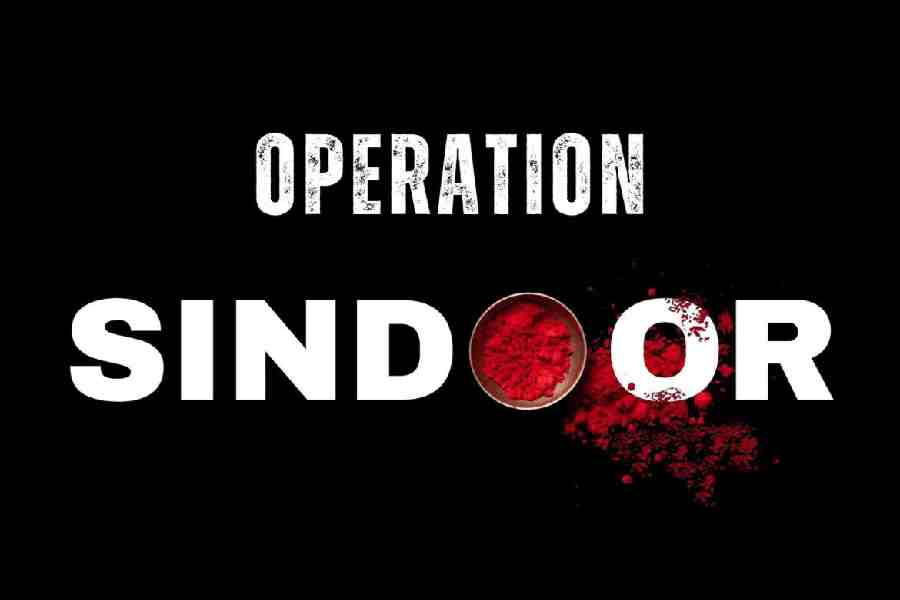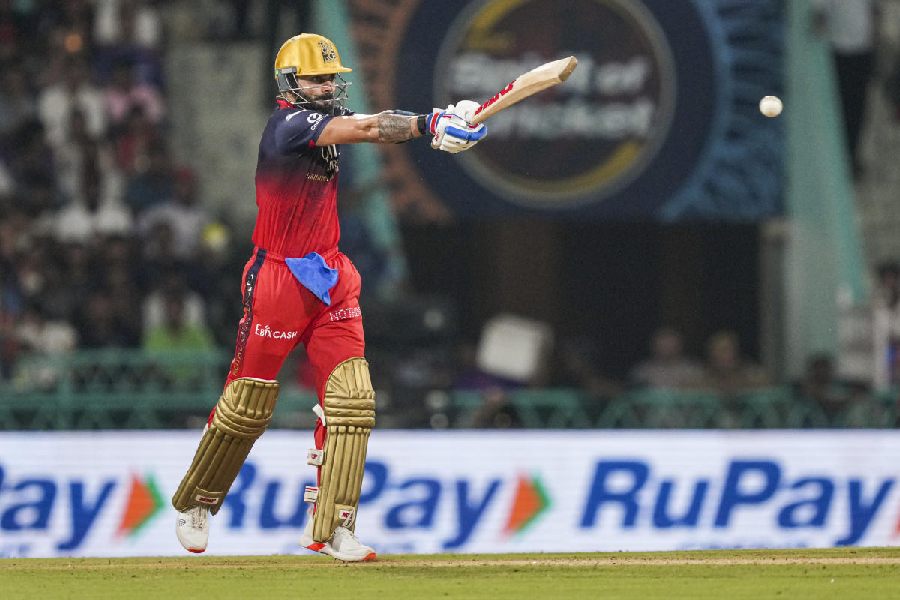The Supreme Court, after having dropped the contempt proceedings with regard to the dharna outside the court protesting against the Narmada Dam judgment, in a Kafkaesque turn, on October 29 decided to go ahead with proceedings against the writer, Arundhati Roy, for the affidavit filed by her in reply to the contempt notice.
The power of superior courts to punish for contempt involves two invaluable rights. As the court can and does sentence persons to imprisonment, the fundamental right to life and liberty enshrined under Article 21 of the Constitution gets directly affected. Similarly, the fundamental right to speech and expression integral to democracy and encoded in Article 19 (1)(a) comes into play as far as public speeches and publications are concerned. A critical look at the contempt power of the courts is in order.
More than a century ago in 1899, while delivering the judgment of the judicial committee in Mac Leod versus St Aubin, Lord Morris observed, .Committals for contempt by scandalizing the court itself have become obsolete in this country. Courts are satisfied to leave to public opinion attacks or comments derogatory or scandalous to them..
In a similar vein, in 1968 in Regina versus Commissioner of Police, Lord Denning observed, .Let me say at once that we will never use this jurisdiction as a means to uphold our own dignity. That must rest on surer foundations. Nor will we use it to suppress those who speak against us.We do not fear criticism, nor do we resent it. For there is something far more important at stake. It is no less than freedom of speech itself..
Nearer home, the former chief justice, P.B. Gajendragadkar, following in the rich liberal tradition, while heading a seven-judge bench of the apex court cautioned against frequent or indiscriminate use of the power of contempt and observed, .Wise judges never forget that that the best way to sustain the dignity and status of their office is to deserve respect from the public at large by the quality of their judgments, the fearlessness, fairness and objectivity of their approach and by the restraint, dignity and decorum which they observe in their judicial conduct..
Let us look at some recent instances of the exercise of the contempt powers by the courts. The executive as well as the chief minister of Delhi have been humbled by having to tender an unconditional apology under threat of punishment for contempt in the compressed natural gas case. The apex court had set a deadline for a switch to CNG for all commercial vehicles in the capital including buses. An inadequate number of CNG buses led to riots and protests including the burning of vehicles. The chief minister made a statement pertaining to ground realities which the court may not have been aware of and was promptly hauled up for contempt.
The secretary of the Peoples. Union for Civil Liberties, the publisher, managing editor, correspondent and sub-editor of the Hitvada, an English daily from Nagpur, have been sentenced to six months imprisonment by the Madhya Pradesh high court for reporting critical comments made by the secretary. This was after the acquittal by the court of the industrialists convicted by the trial court for the assasination of the trade union leader, Shankar Guha Neogi. Wah India, an English periodical, brought out an article titled .Judged Out. with marks being given under different heads to judges of the Delhi high court. The article claimed to be a humble attempt to hold a mirror up to the judiciary with the object of bringing about meaningful changes in the functioning of the higher judiciary. An outraged court hauled up the editor, correspondent and publisher. Even after rendering an unconditional apology, they had to wait on tenterhooks for weeks before they managed to escape imprisonment.
However, the exercise of the contempt power by courts in recent times needs to be placed in the framework sketched out by Morris, Denning and Gajendragadkar.
Apart from more complex matters, even the apparently clear case of the sentencing to imprisonment of the advocate, Nand Lal Balwani, who purportedly hurled a shoe towards the court, raises doubts. The incident occurred on the morning of February 26, 1999 in the Supreme Court. In the afternoon, the same bench convicted and sentenced Balwani to four months imprisonment.
The right to an independent tribunal, protection against self-incrimination, the requirement of mens rea in criminal law and the right to a legal practitioner are some of the principles that need to be borne in mind.
Lord Goff in the Gough case in 1993 observed that in the exercise of contempt jurisdiction, .It is vitally important to avoid giving the impression that the judge is biased or that the decision has been prompted by personal animus..Viewed from the standpoint of safeguards, incorporated in Article 6 of the European convention on human rights, the trend is to refer the matter to a bench other than the one before whom the contempt was committed. It is a recognition that it is possible that the judge will not have seen the entire incident of which complaint is made, particularly if the act of contempt is a fleeting and single one, as appears to be the case in the shoe-throwing case.
Thus, before truth can be sufficiently established it may be necessary to have a good deal of evidence from eye-witnesses, some of whom may have had a quite different impression from that of the judge. Even where the same bench hears the matter, the desirability of a .cooling off. period between the incident and the contempt hearing has been stressed. The Phillimore committee on contempt in the United Kingdom emphasized that the .very extensive. contempt powers should only be exercised, .without their exercise being influenced by the heat or exasperation of the moment.. In a similar vein, Lawton J in Moram, observed in 1985, .The judge should give himself time for reflection as to what is the best course to take. Second, he should consider whether that time for reflection should not extend to a different day because overnight thoughts are sometimes better than thoughts on the spur of the moment..
Article 20 (3) of the Constitution embodies the universal principle of privilege against self-incrimination and declares that a person cannot be compelled to be a witness against himself. In cases of contempt in the .face of the court., as in the Balwani case, the judges directly question the accused. The right against self-incrimination demands that a person accused of contempt should be alerted to the fact that he is at risk of losing his liberty and that he is not obliged to answer questions and, in particular, those that may be incriminating. The right to legal counsel requires that the accused be given time to prepare a defence, an opportunity of taking informed legal advice and of being represented by counsel.
D. Feldman in Civil Liberties and Human Rights in England and Wales argues that the summary nature of the proceedings for contempt are in breach of Article 6 of the European convention on human rights which guarantees that an accused be informed of the nature and cause of the allegation against him; the right to an independent and impartial tribunal; a proper opportunity and facilities for the preparation of a defence and a right to legal assistance.
In addition to the actus reus, that is, act committed, the guilty state of the mind's intention called mens rea is a crucial component to be established before a person can be punished for an offence. The present trend in Europe is that the requirement of mens rea in criminal law should also operate in the sphere of criminal contempt.Thus, a positive intention to interfere in the course of justice must be established before a person can be punished for contempt. Distinctions between an intention to interfere with the course of justice as opposed to intending to do the act in question need to be made.
Similarly, recognition in contempt law of an intention merely to insult the judge but not to interfere with the course of justice as such is also being sought. In fact, there have been instances in our courts where an undertrial has hurled things at the judge in frustration at the delay in the case. The intention behind the act, if anything, is a plea for expediting the course of justice. However, at present, courts in India treat it as criminal contempt. The power to punish for contempt is not for the protection of the individual judicial officers from insult or injury. In the words of Lord Morris, .
The power summarily to commit for contempt is considered necessary for the proper administration of justice. It is not to be used for the vindication of a judge as a person. He must resort to action for libel or criminal information.. The basis of the power to punish for contempt is the essential right of the ordinary citizen to get justice. The power has to be exercised for the rendering of justice to the people.
Social norms with regard to acceptable restrictions on liberty, the value of free speech in a democracy change over time and have to be taken into cognizance. In 1972, E.M's. Namboodiripad, then chief minister of Kerala, was hauled up for contempt for stating that judges are prey to the biases of their class and are weighted against the exploited peasants and working classes. The defence that the comments constituted fair and reasonable criticism of the judicial system and were protected by the right to free speech was rejected.
In 1987, the law minister, P. Shiv Shankar, referred to the elite background of the judges in a speech at the bar council of Hyderabad and declared, .Mahadhipatis like Keshavananda and zamindars like Golaknath evoked a sympathetic chord nowhere in the whole country except the Supreme Court of India. And the bank magnates, the representatives of the elitist culture of this country, ably supported by industrialists, the beneficiaries of independence, got higher compensation by the intervention of the Supreme Court in the Cooper case. Anti-social elements that is, Foreign Exchange Regulation Act violators, bride burners and a whole horde of reactionaries have found their haven in the Supreme Court..
The Supreme Court in P.N. Duda versus P. Shiv Shankar (AIR 1988 SC 1208) took the view that Shiv Shankar had examined the class composition of the Supreme Court. His view that the class composition of any instrument indicates its predisposition and its prejudices did not amount to contempt.Referring to the EMS case, the court observed that, .times and climes have changed in the last two decades..
The present definition of criminal contempt uses phrases like scandalizing the court, lowering the authority of courts and prejudicing the course of justice. These expressions are inherently vague and leave a lot of scope for arbitrariness dependent on the individual opinions and predilections of the judge and can lead to unreasonable restrictions on freedom of speech.
In fact, the Phillimore committee recommended that the branch of law dealing with scandalizing the court should be replaced by a new and strictly defined criminal offence. The offence should be so constituted to include the component of intention to impair confidence in the administration of justice. Defence should be available if the defender could prove not only that what he said was true but also that that the publication as such was for the public benefit. Incredible as it sounds, despite the motto of 'satyamev jayate. or .truth will triumph., truth is not a defence to a charge of contempt in Indian courts.
The emerging complex issues involving free speech, restriction on liberty, truth as defence, inclusion of mens rea, need to be debated. This should replace the oversimplistic construct of an indignant judiciary and a cowering executive, press and populace within which the criminal contempt jurisprudence seems to be currently frozen in our country.
 Wednesday, 28 May 2025
Wednesday, 28 May 2025









